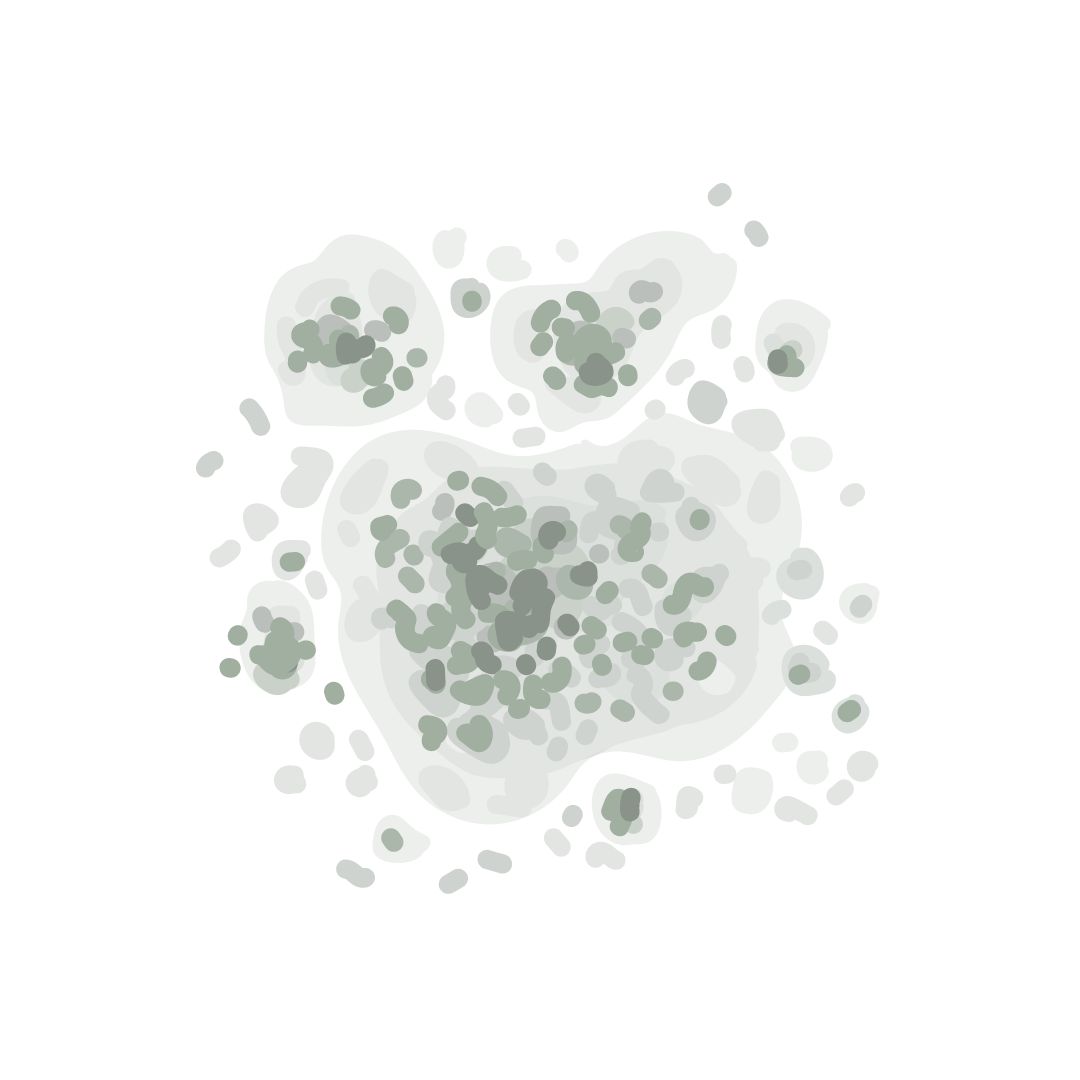Prevent Mold and Mildew in Your Housing Unit
Without proper cleaning and prevention, the potential for mold and mildew in university residence halls is not unusual. To help educate and alleviate your fears of microbial growth, please review the following information and resources.
What Are Mold and Mildew?
Mold
Mold is a fungus that grows due to moisture and warm climate. Left untreated, mold growth can become dangerous to your health and lead to allergies, asthma, irritated headaches and breathing issues.


Mildew
A surface fungus identified as a patch of white or gray fungus that may turn brown lying flat on the surface of a moist area; may also appear powdery or like small dots.
Identifying Mold In Your Unit
- Grows near air vents, windows, balcony doors or in showers.
- May have a distinct, unpleasant sweet or sour smell.
- Can be black, green, red, or gray, and appear “fuzzy” or slimy in texture.
- “Pink Mold” or the pink-tinted coloration in your toilet or shower is not mold, but a bacterium that grows in warm, wet environments and thrives off fatty substances like soap.






